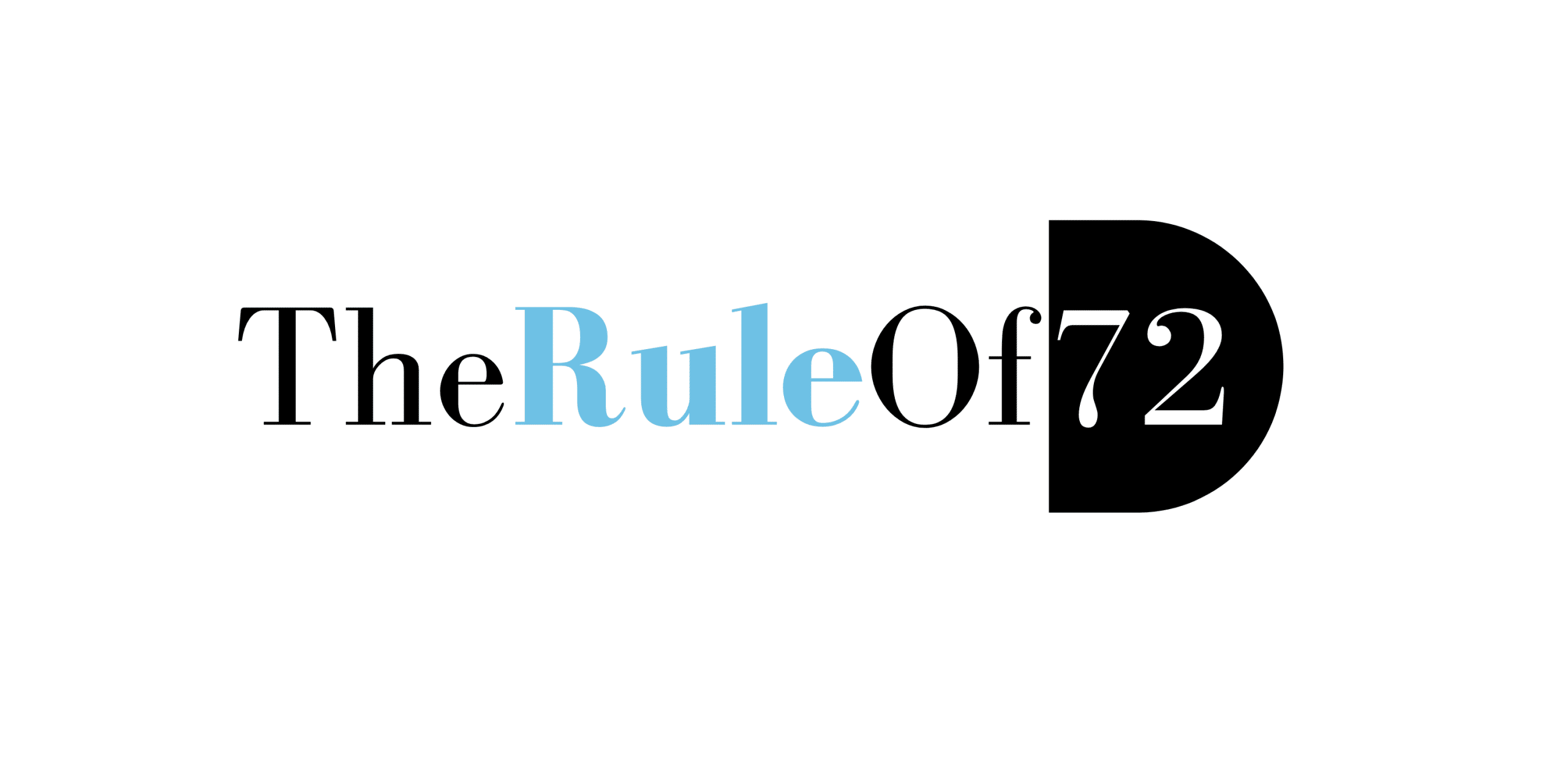The Role of Prescription Drug Coverage in Medicare Advantage Plans

Introduction
Medicare Advantage Plans, also known as Medicare Part C, offer an alternative way to receive Medicare benefits. These plans are offered by private insurance companies approved by Medicare and provide coverage for hospital stays, medical services, and often include prescription drug coverage. In this blog post, we will explore the crucial role that prescription drug coverage plays in Medicare Advantage Plans, its benefits, and how it impacts the overall healthcare experience for beneficiaries.
Understanding Medicare Advantage Plans
Before delving into the role of prescription drug coverage, let’s briefly review Medicare Advantage Plans. These plans are an alternative to Original Medicare (Part A and Part B) and offer the same coverage and benefits, but through private insurance companies. Medicare Advantage Plans often go beyond the basic coverage provided by Original Medicare, incorporating additional benefits such as dental, vision, and prescription drug coverage.
Importance of Prescription Drug Coverage
Prescription drug coverage is a significant aspect of Medicare Advantage Plans. It addresses the growing need for affordable access to medications, particularly for seniors who rely on multiple prescriptions to manage chronic conditions. Here are a few key reasons why prescription drug coverage is crucial:
Comprehensive Medication Coverage:
Prescription drug coverage in Medicare Advantage Plans ensures that beneficiaries have access to a wide range of medications. This coverage extends to both brand-name and generic drugs, ensuring affordability and choice. It enables individuals to manage their health conditions effectively and reduces the financial burden of expensive medications.
Cost Savings:
Without prescription drug coverage, the cost of medications can quickly add up, placing a heavy burden on beneficiaries. However, Medicare Advantage Plans with prescription drug coverage often negotiate discounted prices with pharmaceutical companies. This translates into significant cost savings for beneficiaries, making essential medications more accessible and affordable.
Integrated Healthcare Experience:
Prescription drug coverage in Medicare Advantage Plans promotes a more integrated healthcare experience. With prescription drug coverage under the same plan, beneficiaries have a unified system for managing their healthcare needs. They can often obtain prescriptions through preferred pharmacies or mail-order services, enhancing convenience and coordination of care.
Medication Adherence and Health Outcomes:
Studies have shown that individuals with prescription drug coverage are more likely to adhere to their medication regimens. Adherence plays a crucial role in managing chronic conditions and preventing complications. By providing prescription drug coverage, Medicare Advantage Plans contribute to improved health outcomes and quality of life for beneficiaries.
Choosing the Right Medicare Advantage Plan
When considering Medicare Advantage Plans with prescription drug coverage, it’s important to evaluate several factors to ensure the chosen plan meets individual needs. Here are some considerations:
Formulary:
Each Medicare Advantage Plan has its own formulary, which is a list of covered medications. It’s crucial to review the formulary to ensure that the medications you need are included. Additionally, pay attention to any restrictions or prior authorization requirements that may affect your access to certain drugs.
Cost-sharing:
Evaluate the costs associated with prescription drug coverage, including monthly premiums, deductibles, copayments, and coinsurance. Compare different plans to find the most affordable option based on your medication needs.
Network Pharmacies:
Check if the plan has a network of preferred pharmacies, as using these pharmacies often results in lower out-of-pocket costs. Ensure that the plan includes pharmacies conveniently located near you or offers mail-order options for added convenience.
Coverage Gap (Donut Hole):
Medicare Part D, which provides prescription drug coverage, has a coverage gap known as the “donut hole.” This means that once the total cost of your medications reaches a certain threshold, you’ll be responsible for a higher percentage of the costs until you reach catastrophic coverage. It’s essential to understand how the plan addresses the coverage gap and whether it offers any additional assistance or discounts during this period.
Preferred Medications:
Some Medicare Advantage Plans may have a list of preferred medications, also known as a “preferred drug list.” These medications often have lower copayments or cost-sharing requirements. If you’re currently taking specific medications, check if they are on the preferred drug list to maximize your savings.
Provider Network:
Along with prescription drug coverage, Medicare Advantage Plans have provider networks that include doctors, hospitals, and other healthcare providers. Ensure that your preferred healthcare providers are in-network to avoid higher out-of-pocket costs. If you have specific specialists or facilities you frequently visit, verify their participation in the plan’s network.
Annual Plan Review:
It’s crucial to review your Medicare Advantage Plan, including prescription drug coverage, annually during the Medicare Annual Enrollment Period (October 15 to December 7). This allows you to reassess your medication needs, compare plans, and make any necessary changes to ensure you have the most suitable coverage for the upcoming year.
Conclusion
Prescription drug coverage plays a vital role in Medicare Advantage Plans, enhancing the healthcare experience for beneficiaries and ensuring affordable access to essential medications. With comprehensive medication coverage, cost savings, an integrated healthcare experience, and improved medication adherence, prescription drug coverage contributes to better health outcomes and quality of life for seniors. When choosing a Medicare Advantage Plan with prescription drug coverage, it’s important to consider factors such as the formulary, cost-sharing, network pharmacies, coverage gap policies, preferred medications, and provider networks. By carefully evaluating these factors and reviewing your plan annually, you can make informed decisions to select the most suitable Medicare Advantage Plan that meets your medication needs and provides the necessary coverage for your healthcare journey. Once again, thanks for taking the time to read my content and feel free to contact me using this link should you have any questions or concerns regarding insurance in general.





